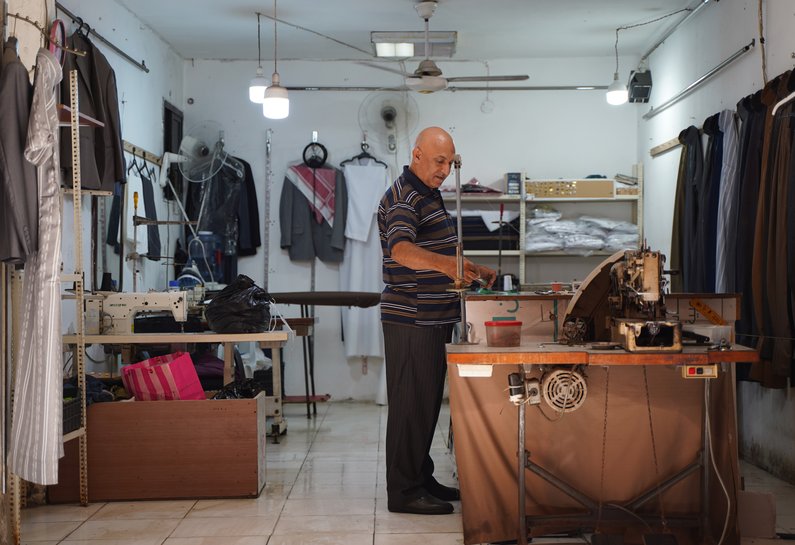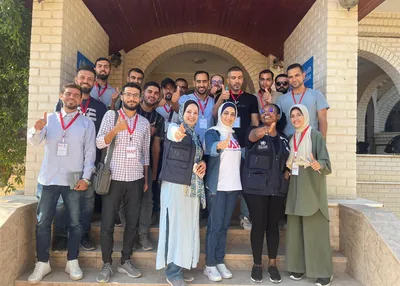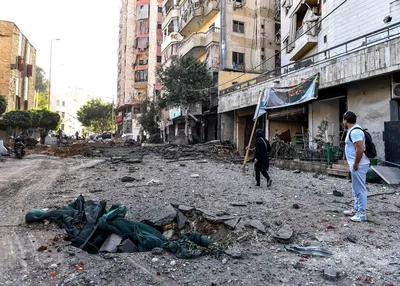Palestinian refugees’ limited right to work in Lebanon a “step in the right direction”

On Wednesday, Lebanon’s Labour Minister, Mustafa Bayram, published a decree allowing “Palestinians born in Lebanese territories and officially registered with the Ministry of Interior” to work in a range of professions requiring “syndicate” membership, including medicine, law and engineering.
However, as this decision is a ministerial decree, legislative changes are necessary to ensure that the decision is permanent and will not be revoked in the future. Furthermore, Palestinians will still need to seek the approval of “syndicates” before taking up jobs in these professions and must be granted work permits by Lebanon’s Ministry of Interior.
Until Palestinians are able to return to their homelands, they need to be able to work and live a life of dignity.
“This is a step in the right direction to granting Palestinian refugees their right to work, especially as they have been hit hard by Lebanon’s dire economic crisis,” said Wafa Dakwar, MAP’s Lebanon Programme Manager.
“But this will only have a significant, permanent impact if it is implemented through legislation and not just by decree. Until Palestinians are able to return to their homelands, they need to be able to work and live a life of dignity.”
As was recently highlighted in MAP’s submission to the UN Special Rapporteur on Extreme Poverty and Human Rights, who visited Lebanon last month, Palestinian refugees remain classified as “foreigners” and are denied many of the rights afforded to Lebanese nationals, despite more than seven decades of living in forced exile in the country.
In the health sector alone, Palestinians have historically been barred from working in 22 professions, including general medicine, dentistry, midwifery, nursing and psychology. MAP’s 2018 Health in Exile report highlighted how the barriers to work leave Palestinians vulnerable to exploitation and contribute to a “brain-drain” effect where Palestinians are drawn to working abroad.
Amid the worst economic collapse in Lebanon’s history, the denial of Palestinians’ right to work also exposes them to severe economic hardship, where they have already been disproportionately affected.
Read more about the barriers to health and dignity of Palestinian refugees in Lebanon in our Health and Exile report.
Photo: A Palestinian in Burj el Barajneh refugee camp, in Beirut. (Credit: Ahmad Laila).
Related content


